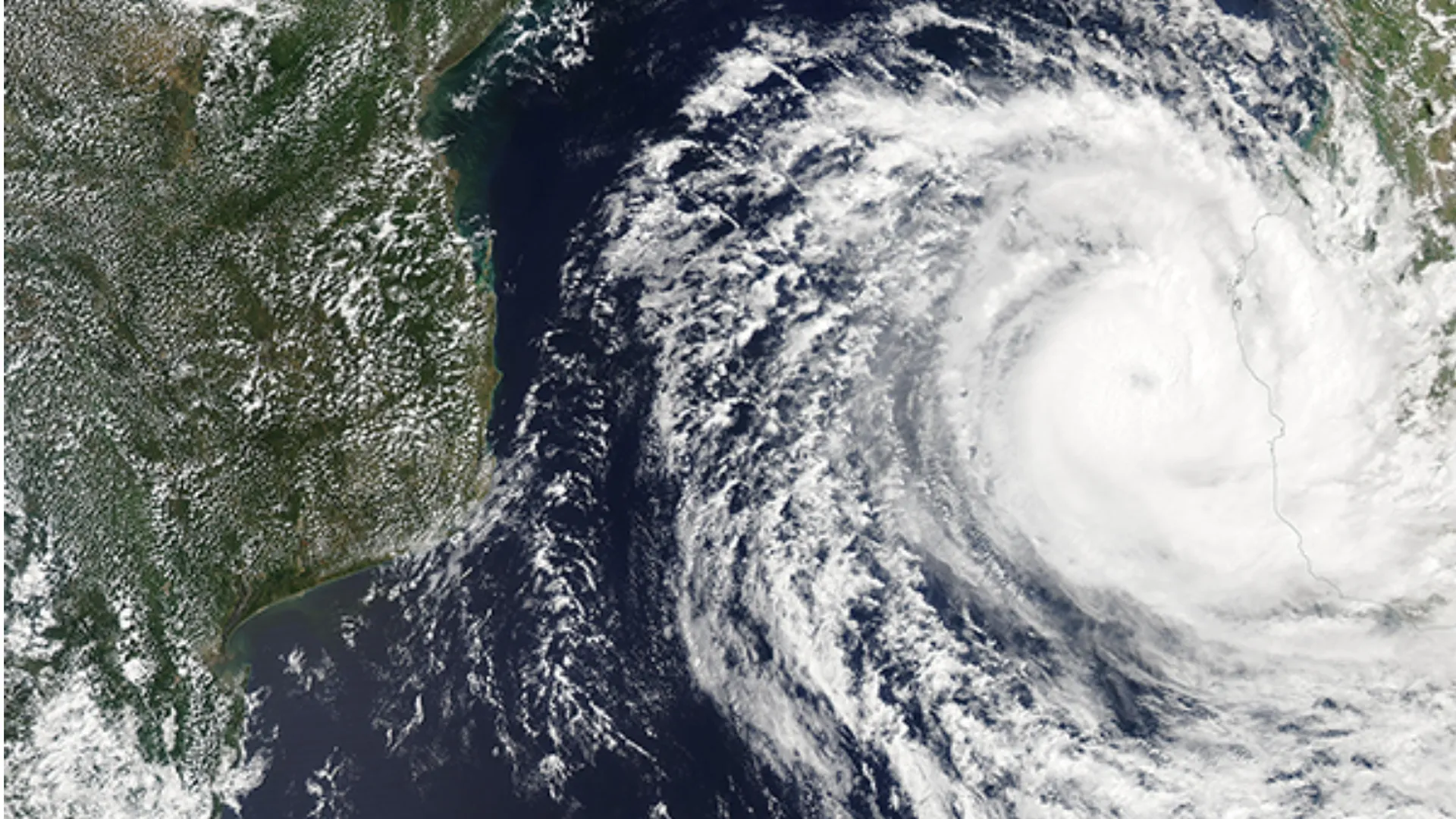Malawi is in a state of crisis as Cyclone Freddy causes flooding and landslides in the country’s southern region, leaving at least 99 people dead. The commercial capital of Blantyre is the worst affected area, with most of the fatalities occurring there. Malawi’s President, Lazarus Chakwera, has declared a “state of disaster” in the region and has requested assistance from the international community.
Charles Kalemba, the country’s Commissioner for Disaster Management Affairs, said that the rescue efforts are tough due to ongoing heavy rains, landslides, flash floods, and rolling stones. He added that despite the difficult conditions, the government is making every effort to rescue people and provide urgent assistance to affected communities.
The Ministry of Education has also ordered the closure of schools in the ten most severely affected districts until Wednesday. Peter Kalaya, a Malawi police spokesman, stated that the devastation caused by the storm is unprecedented. The authorities are struggling with inundated roadways, blackouts, and flash floods.
Cyclone Freddy has also hit neighboring Mozambique and Madagascar, killing more than 20 people and displacing thousands. According to the World Meteorological Organization (WMO), Cyclone Freddy is a “very rare” storm that has broken records for being the longest-lasting storm of its kind. The WMO called its journey “incredible and dangerous.”
Experts have linked Cyclone Freddy’s intensity to climate change, which has led to more frequent and severe weather events globally. The cyclone’s devastating effects on Malawi’s southern region have exposed the vulnerability of the country’s infrastructure and the need for more resources to mitigate the impact of such disasters.
The impact of Cyclone Freddy on Malawi’s economy is also severe, as the country’s agriculture, which accounts for more than a third of the gross domestic product, has been destroyed. The heavy rains have washed away crops and destroyed livestock, which will have long-term consequences for food security in the country.
As the country struggles to recover from the disaster, the international community has a critical role to play in providing aid and support to the affected populations. The United Nations has announced that it is mobilizing emergency aid for Malawi, Mozambique, and Madagascar.
The African Union has also expressed solidarity with the countries affected by the cyclone and pledged support for their recovery efforts. The organization has emphasized the need for a coordinated response to mitigate the impact of the disaster and provide support to the affected populations.
The cyclone’s effects on Malawi’s infrastructure, including roads and bridges, have also highlighted the need for long-term investments in infrastructure resilience. The government and the international community should invest in disaster risk reduction measures that can help to prevent or minimize the impact of such disasters in the future.
Cyclone Freddy has been a stark reminder of the consequences of climate change, and the urgent need for global action to mitigate its impact. As the world grapples with the challenges of reducing greenhouse gas emissions and adapting to the impacts of climate change, it is imperative to remember the most vulnerable communities, who are often the most affected by these events.
Image Credit: NASA MODIS





